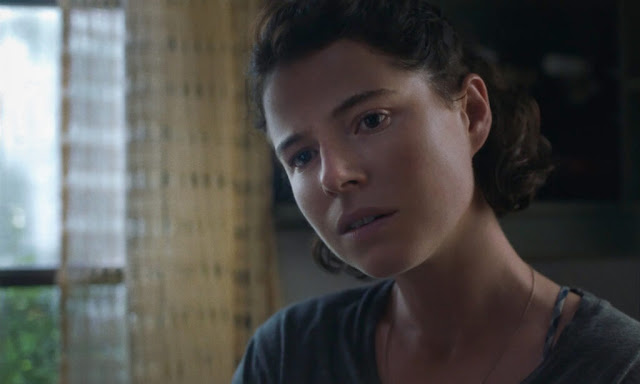 |
| Yoko Ono; Paul McCartney. |
Yoko One, "Death of Samantha," Approximately Infinite Universe, 1973.
The Firemen, Strawberries, Ships, Oceans, Forest, 1993.
To think of Yoko Ono and Paul McCartney in the same sentence, let alone in the same artfully appreciative article, might strike some people as a surprising proposition, and yet as a narrative ballad they share much more in common that you might at first imagine. Not just the fact that they shared an intimate partnership with a famous musician and pop star but also the fact that they have often been collaterally damaged victims of an ongoing mythology about who they actually were and what they actually did. To some extent, this might just be the occupational hazard of any huge cultural icon, but it could also be a revealing indication of how much we all want to believe what we want to believe, despite what the facts and evidence may show us otherwise. Luckily for us however, Peter Jackson’s masterfully edited documentary called Get Back at least contributes somewhat to their rehabilitation at celebrities anonymous.
